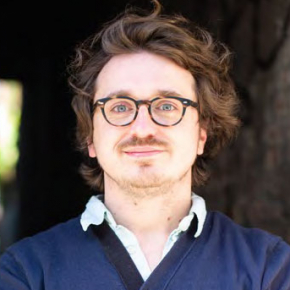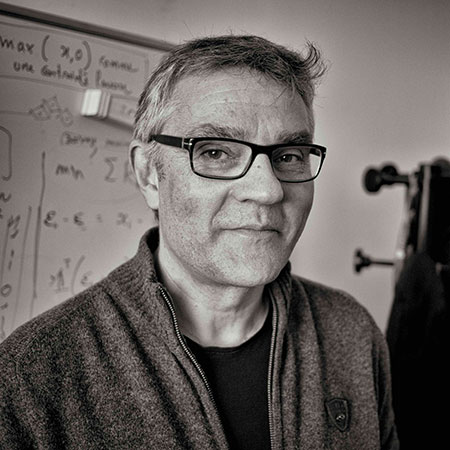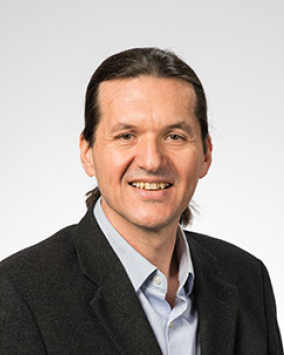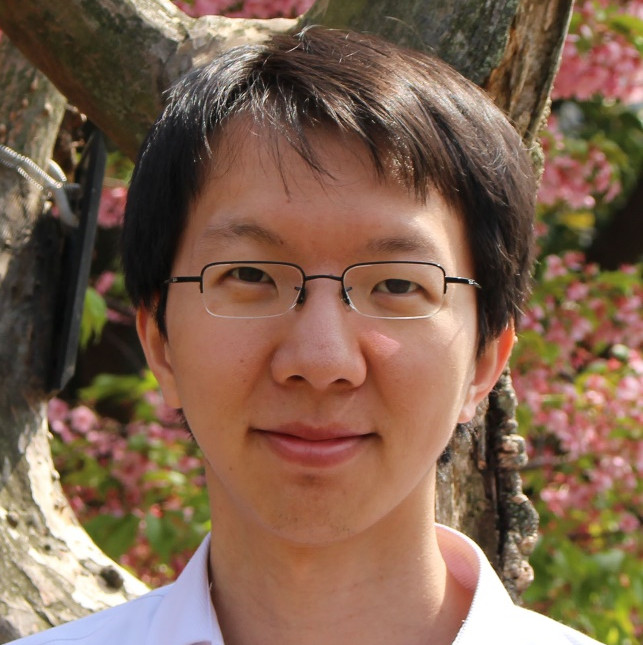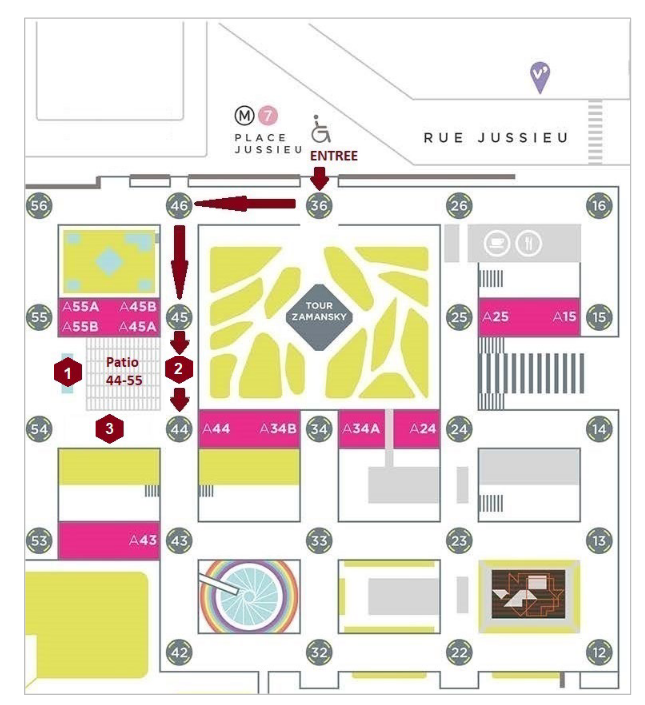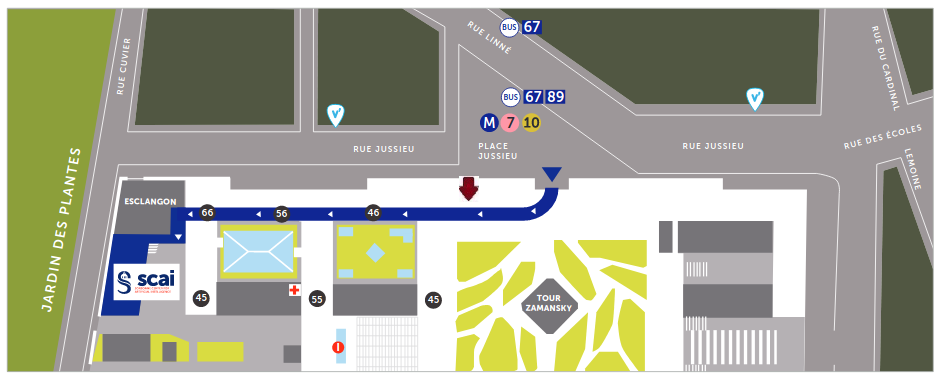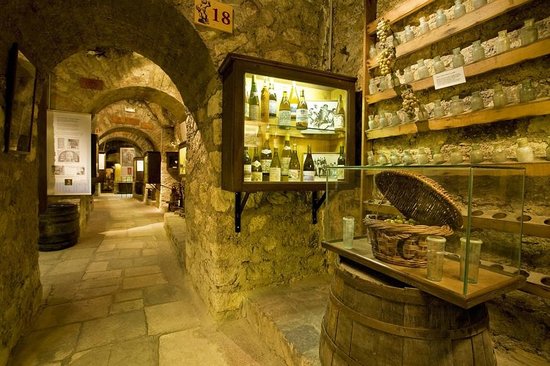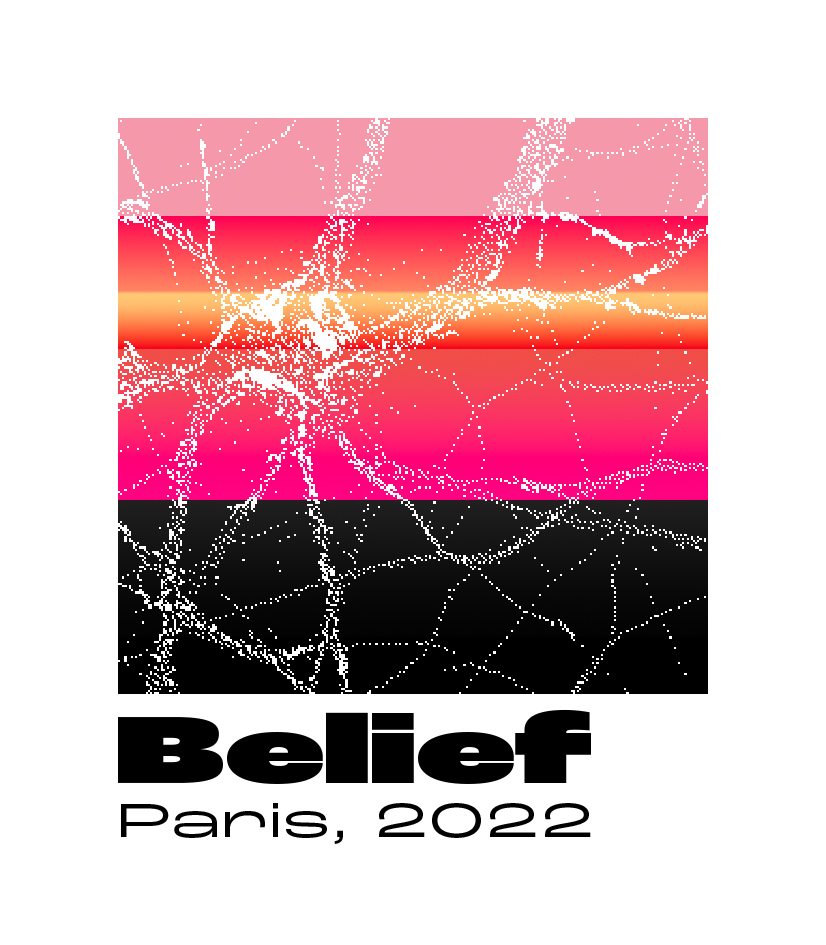
The international conference dedicated to belief functions
The theory of belief functions, also referred to as evidence theory or Dempster-Shafer theory, was first introduced by Arthur P. Dempster in the context of statistical inference, and was later developed by Glenn Shafer as a general framework for modelling epistemic uncertainty. These early contributions have been the starting points of many important developments, including the transferable belief model and the theory of hints. The theory of belief functions is now well established as a general framework for reasoning with uncertainty, and has well understood connections to other frameworks such as probability, possibility and imprecise probability theories. It has been applied in diverse areas such as machine learning, information fusion and risk analysis.
The biennal BELIEF conferences, sponsored by the Belief Functions and Applications Society, are dedicated to the confrontation of ideas, the reporting of recent achievements and the presentation of the wide range of applications of this theory. The first edition of this conference series was held in Brest, France, in 2010. Later editions were held in Compiègne, France in 2012, Oxford, UK in 2014, Prague, Czech Republic in 2016, and again in Compiègne, France in 2018. The previous edition was delayed by the global pandemic and took place in 2021 in Beijing, China. The Seventh International Conference on Belief Functions (BELIEF 2022) will be located in Paris, France, and it will take place on October 26-28, 2022.
List of accepted papers : browse here
Important dates
- April 10, 2022: Special session submission deadline
- April 17, 2022: Special session acceptance notification
- May 1, 2022: Paper submission deadline
- June 5, 2022: Author notification
- July 3, 2022: Camera-ready copy due
- July 31, 2022: Poster abstract submission
- August 8, 2022: Poster acceptance notification
Proceedings
Proceedings of BELIEF 2022 will be published by Springer-Verlag in a volume of the Lecture Notes in Artificial Intelligence (LNCS/LNAI) series and indexed by: ISI Web of Science; EI Engineering Index; ACM Digital Library; dblp; Google Scholar; IO-Port; MathSciNet; Scopus; Zentralblatt MATH. Previous BELIEF proceedings can be found on SpringerLink.
IJAR Best Paper Award
Thanks to the continued support of the International Journal of Approximate Reasoning, the best papers presented at the conference will be distinguished by the IJAR Best Paper Award. The prize will consist of a certificate and 1000 euros, which will be split between the winners.
Author instructions
Authors should submit their papers through Easychair - conference BELIEF 2022 following the Springer LNCS/LNAI series template, also available in Overleaf.
The expected length of papers is no longer than 10 pages, references included, that should present original contributions with significant results. Springer encourages authors to include their ORCIDs in their papers. In addition, the corresponding author of each accepted paper, acting on behalf of all of the authors of that paper, will have to complete and sign a Consent-to-Publish form. The corresponding author signing the copyright form should match the corresponding author marked on the paper. Once the files have been sent to Springer, changes relating to the authorship of the papers cannot be made.
IJAR Special issue
Authors of selected papers from the BELIEF 2022 conference will be invited to submit extended versions of their papers for possible inclusion in a special issue of the International Journal of Approximate Reasoning.
Topics
Original contributions are solicited on theoretical aspects including, but not limited to
- Combination rules
- Conditioning
- Continuous belief functions
- Independence and graphical models
- Geometry and distance metrics
- Mathematical foundations
- Computational frameworks
- Data and information fusion
- Links with other uncertainty theories
- Tracking and data association
- Statistical Inference
- Machine Learning and Pattern recognition
- Evidential Clustering and Classification
as well as on applications to various areas including, but not limited to
- Applications in network analysis
- Applications in environment and climate change
- Applications in biology and medical diagnosis
- Applications in risk and reliability analysis
- Applications in business and economics
- Applications in vision and image processing
Call for Posters
The BELIEF 2022 Conference Committee is pleased to invite submissions of abstracts for poster presentations. The poster session aims to encourage discussions either around preliminary works or works in progress. For poster presentation, we also encourage the submission of abstracts corresponding to works in recent papers accepted or submitted elsewhere. The conference or journal where the paper was published or submitted must be specified at submission.
Submissions should include a title and an abstract no longer than 250 words. If accepted, they will be presented at the conference in a special poster session but will not appear in the proceedings. The main objective of the poster session is to foster discussions around preliminary works, or to popularize newly published works, therefore poster presenters are required to participate on site to the conference. The deadline for submissions is: July 31, 2022. Poster presenters will be notified by August 8th.
Abstract submission: belief2022@bfasociety.org
